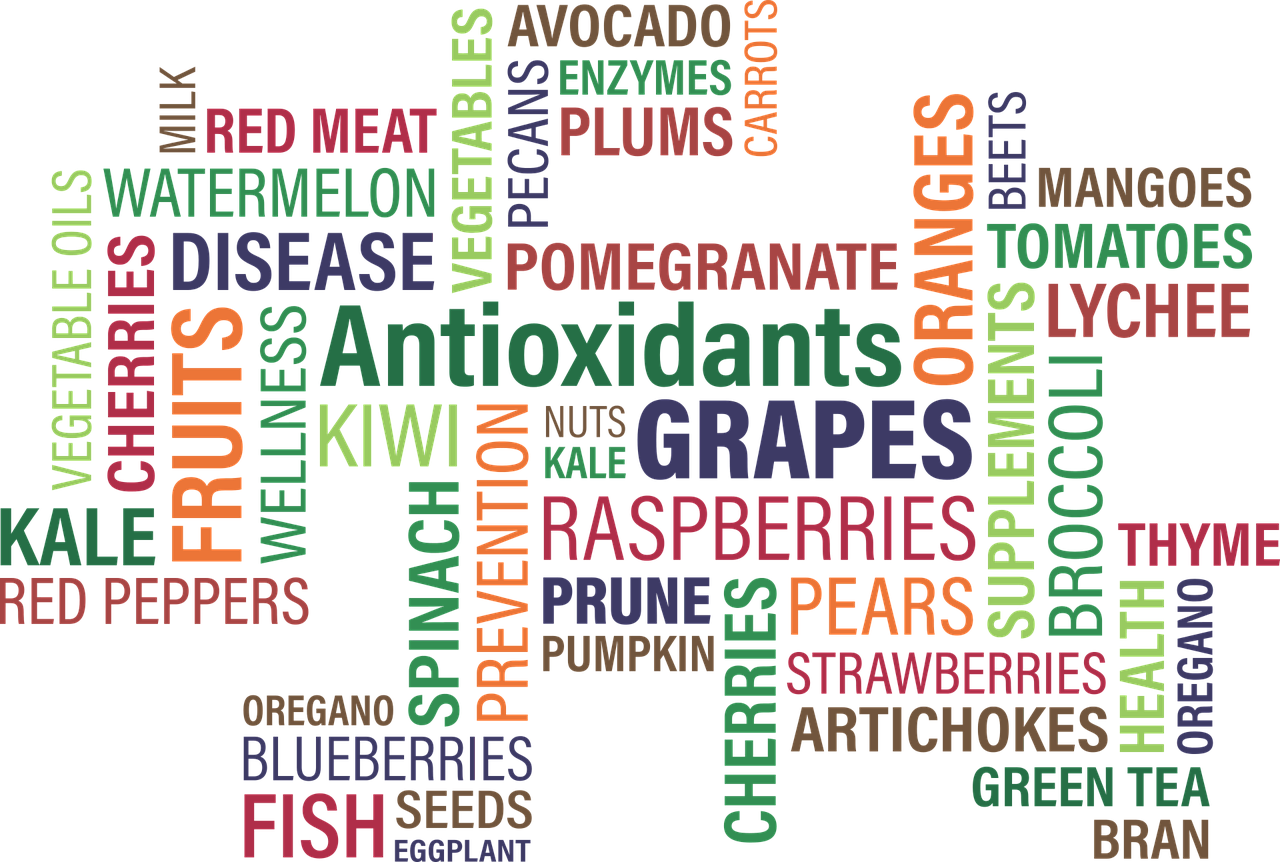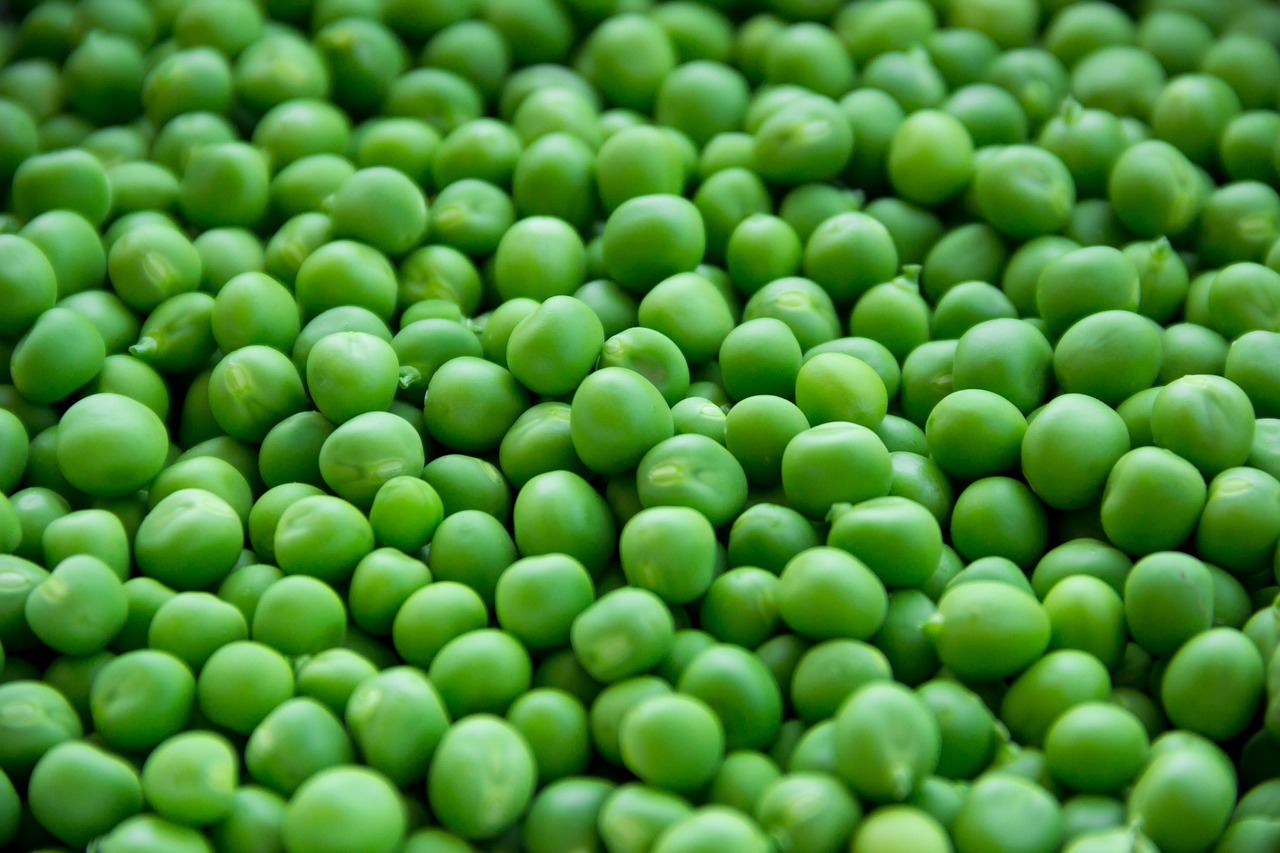Discover the importance of Vitamin D for your health. Learn how to naturally increase your Vitamin D levels and reap the benefits.
Tag: Vitamins
Q: Are mushrooms really a good source of vitamin D?
In today’s fast-paced world, the significance of maintaining a balanced and healthy diet cannot be
Discover the importance of Vitamin D for male sexual drive. Learn how Vitamin D can enhance stamina and overall health in men.
Vitamin B1, a water-soluble vitamin also known as Thiamin, is an important part of the family of B-complex vitamins.
Vitamin B2, also known as Riboflavin or Vitamin G, is a member of the B-complex family.
Another important member of the B-complex family, Vitamin B3 facilitates the processes involved with metabolizing fats, proteins and carbohydrates.
Vitamin B5 is part of the family of B-complex vitamins. Also called Pantothenic Acid, this one vitamin is used by literally all of the functions the body performs. Vitamin B5 is a water soluble vitamin and it’s one that’s in abundant supply.
Vitamin B6, also called Pyridoxine or Pyridoxal Phosphate, is the most quickly metabolized member of the B-vitamin family. It too is a water soluble vitamin. Because of its rapid metabolism and solubility, it travels throughout the body very quickly.
Vitamin B9, more commonly referred to as Folic Acid, is a water-soluble member of the B-vitamin family.
Vitamin B12 is a very important member of the family of B-vitamins.
Vitamin D, sometimes called Cholecalciferol, is the only vitamin that the body is capable of producing on its own. The only catch is that the body must be exposed to sunlight before it can produce this vitamin.
Vitamin E is another of the important vitamins that benefit the body in many different ways.
As a member of the B-complex family of vitamins, Vitamin H is probably better known by its other names, Biotin and Vitamin B7.
Vitamin K is another of the vitamins that the body is able to produce and does so using the bacteria found in the large intestines.















